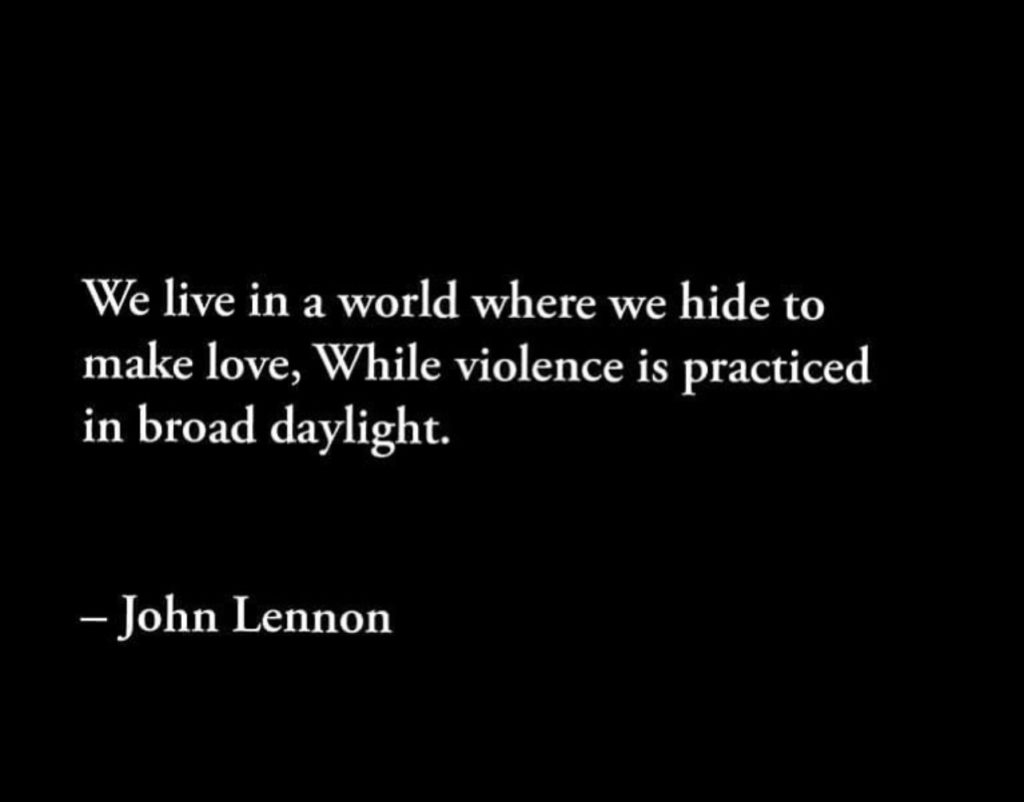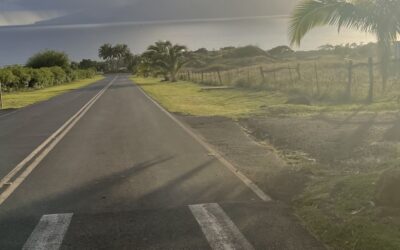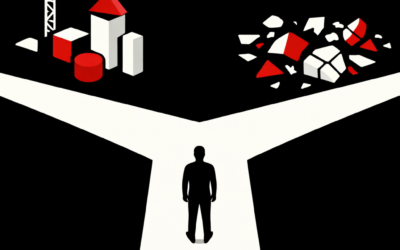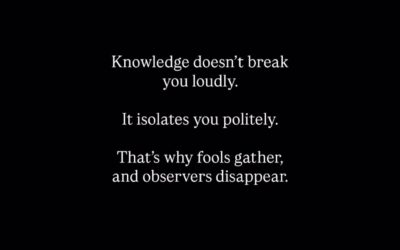Imagine waking up each day knowing that your world is confined to the same few miles. The sky above is the same for everyone, but for you, it’s a ceiling that presses down, a constant reminder of the limitations imposed on your life. This is the reality for many Palestinians, born into a situation where what they know as normal is a far cry from the freedoms enjoyed elsewhere in the world.
For those of us living in societies where freedom is a given—where we can travel, speak out, and live without the fear of barriers that define and restrict our existence—it’s almost impossible to truly grasp the depth of this confinement. We wake up each day with the world at our fingertips, taking for granted the simple liberties that others can only dream of.
But for Palestinians, especially those who have never known anything else, their world is a different one. It’s a world of checkpoints, of borders that can’t be crossed, of opportunities stifled before they can even be imagined. They see glimpses of the outside through media, through stories, through fragments of the world that seems almost like a different planet. Yet these glimpses are just that—fleeting, unattainable, a reminder of the vast divide between their reality and ours.
How must it feel to know that this is the only life you’re allowed? To be born into a situation where every aspect of your existence is shaped by forces beyond your control, by a world that, for the most part, moves on without truly understanding or even noticing the daily struggles you face? It’s a life where hope and despair are intertwined, where the dream of freedom is ever-present but always out of reach.
And this isn’t the work of nature, some unavoidable tragedy of geography or fate. This is a man-made prison, an “open-air prison” as it’s often called—imposed by a state that many of us support, whether actively or passively. Who gave us the right to determine the lives of others, to confine them, to strip them of the very freedoms that we hold dear and often take for granted?
We might know of their suffering, hear about it on the news, or read about it in passing. But to understand, to truly comprehend what it means to live that life, is beyond most of us. We can’t step into their shoes and feel the weight of a life defined by limitations, a life where the outside world is both tantalizingly close and impossibly far.
We often speak of human rights, of justice, of the importance of freedom. But what does that mean if we’re not willing to fight for those who have none? How can we stand by, free to live our lives as we choose, while others are denied that same basic human dignity?
As we go about our daily routines, perhaps we should take a moment to think about those for whom these routines are a distant dream. To remember that our freedoms are not universal, and that for some, life is a constant struggle just to live with a semblance of dignity. The Palestinian experience is a stark reminder of the divisions that still exist in our world, divisions that we must not only acknowledge but also work tirelessly to overcome.





0 Comments